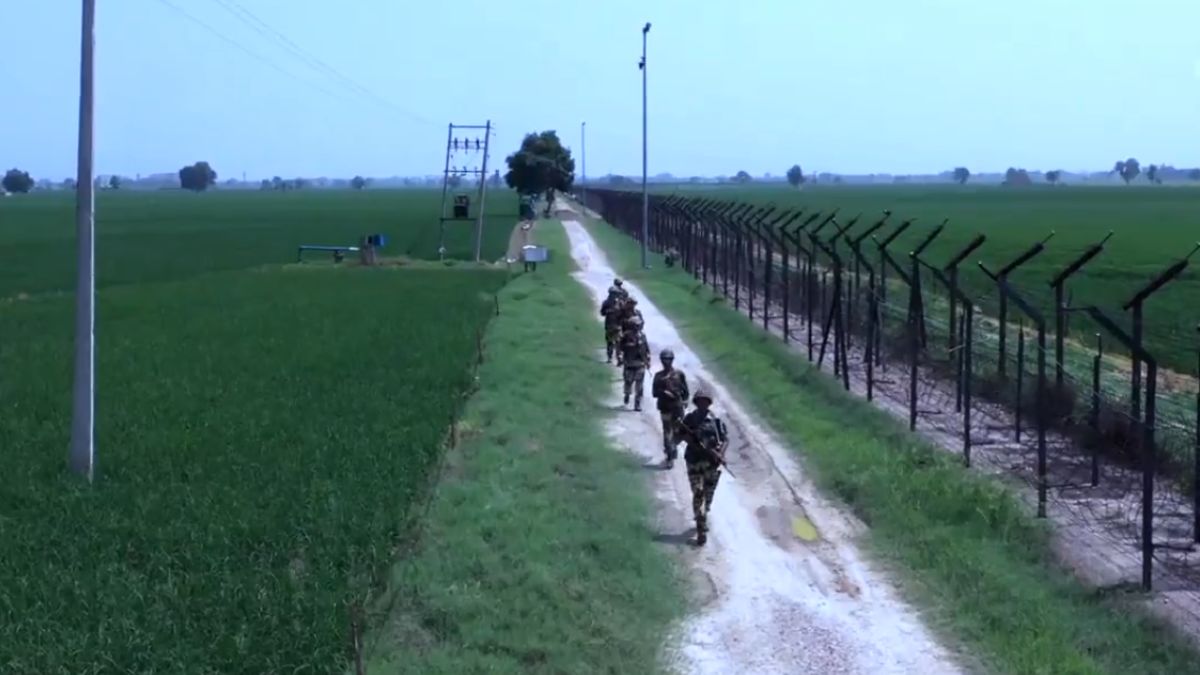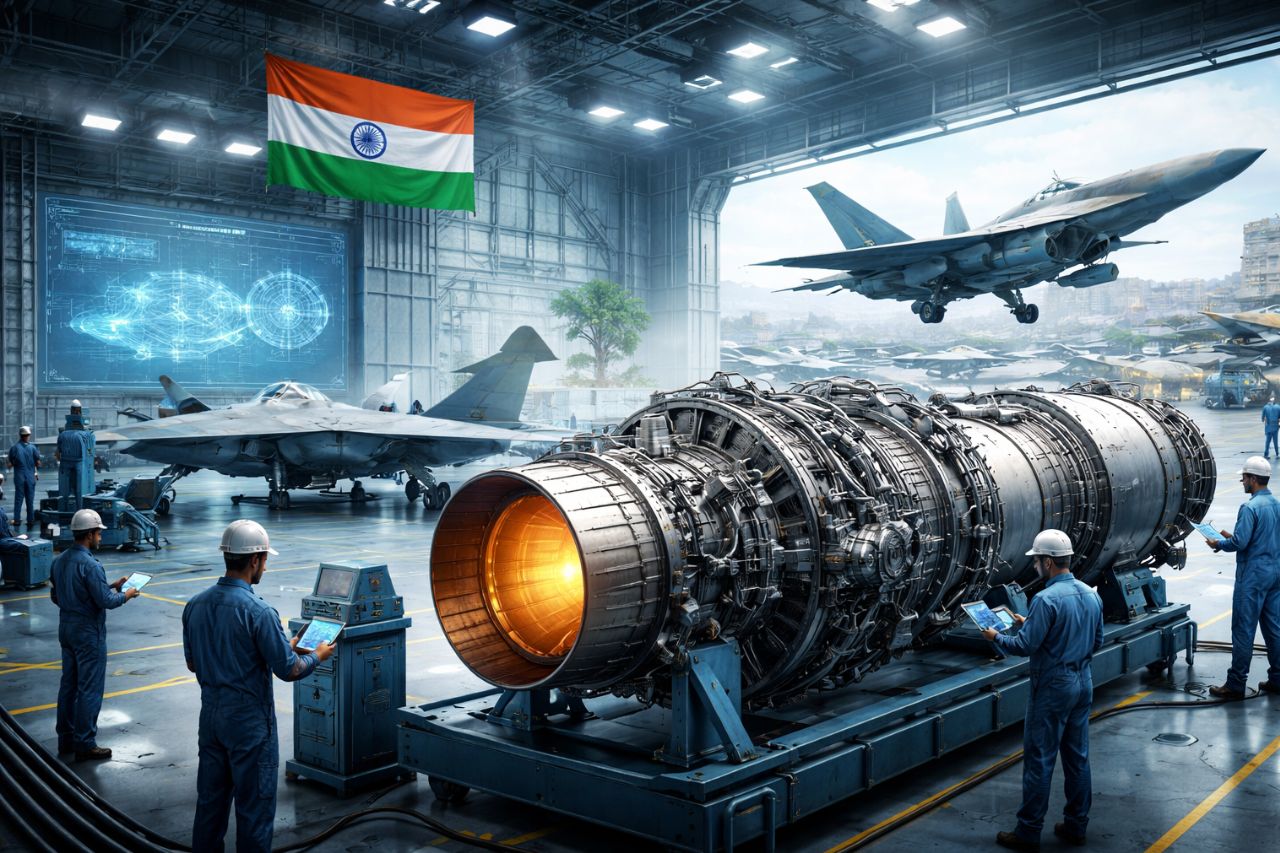US-Pakistan $500 Million Deal: Trump Bets On Islamabad’s Critical Minerals After A Bilateral Trade Deal

The agreement comes after a trade pact signed between the US and Pakistan last month, which Islamabad hoped would encourage American investment in its vast mineral and oil reserves. Image courtesy: AI-generated picture via Sora
The United States has stepped up its engagement with Pakistan’s mineral sector, with Missouri-based US Strategic Metals signing a $500 million agreement to set up a poly-metallic refinery. The deal, formalized through a memorandum of understanding with Pakistan’s Frontier Works Organization, is being seen as a strategic move.
US’s latest $500 million pact with Pakistan ties into Washington’s push for critical minerals essential to advanced manufacturing and clean energy technologies.
US-Pakistan critical minerals deal: Why is US suddenly investing big?
This investment comes on the heels of a new trade pact signed last month between Washington and Islamabad, which Pakistan had pitched as a gateway for American investors to tap into its oil and mineral reserves. The US embassy in Islamabad hailed the deal as a symbol of “the strength of the US-Pakistan bilateral relationship”.
Coming at a time US’ trade deal with India is still in limbo, the latest announcement signals Washington’s renewed economic interest in Pakistan at a time when its geopolitical posture in the region is shifting.
What exactly is on the table for Pakistan?
Pakistan’s government, led by Prime Minister Shehbaz Sharif, says the agreement will lead to value-added facilities, stronger mineral processing capacity, and new large-scale mining projects. Initial exports are expected to include antimony, copper, gold, tungsten, and rare earth elements, resources the country has long touted as underexploited.
Sharif’s office has emphasized that foreign investment in these sectors could help the country climb out of its deep financial crisis and reduce dependence on loans.
Who else is entering Pakistan’s mineral race?
US Strategic Metals is the latest entrant in a sector already attracting international players. Canadian mining giant Barrick Gold, for instance, holds a 50% stake in the Reko Diq mine in Balochistan, one of the world’s largest untapped gold and copper deposits. Alongside, Pakistan’s National Logistics Corp has struck an agreement with Portuguese construction major Mota-Engil Group for infrastructure projects linked to mining.
What are the risks in exploiting Pakistan’s mineral wealth?
Most of Pakistan’s mineral riches lie in Balochistan, a province scarred by a decades-long insurgency where separatist groups oppose resource extraction by both local and foreign firms. The US recently designated the Balochistan National Army and its Majeed Brigade as foreign terrorist organizations, underscoring the security risks for companies operating in the region.
Moreover, the deposits in Sindh, Punjab, and Khyber Pakhtunkhwa, which border Afghanistan, also carry geopolitical sensitivities and risks.
US-Pakistan minerals deal: Why does it matter now?
For Pakistan, the partnership offers a much-needed chance to unlock trillions of dollars worth of reserves, as Sharif has repeatedly claimed, and signal stability to foreign investors. Sharif had, earlier this year, claimed that Pakistan possesses mineral reserves worth trillions of dollars.
For the US, securing reliable sources of critical minerals outside of China aligns with its broader strategic goals. The deal thus sits at the intersection of Pakistan’s economic survival and America’s industrial future.







